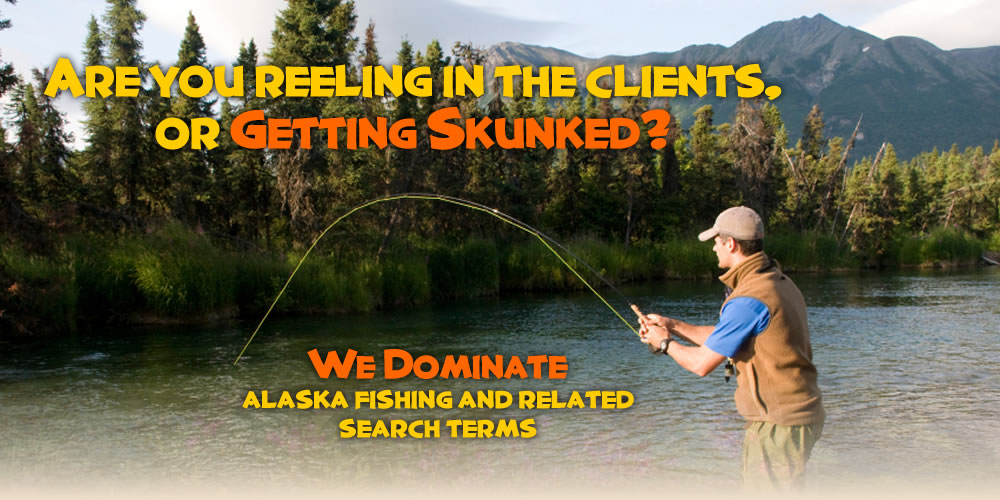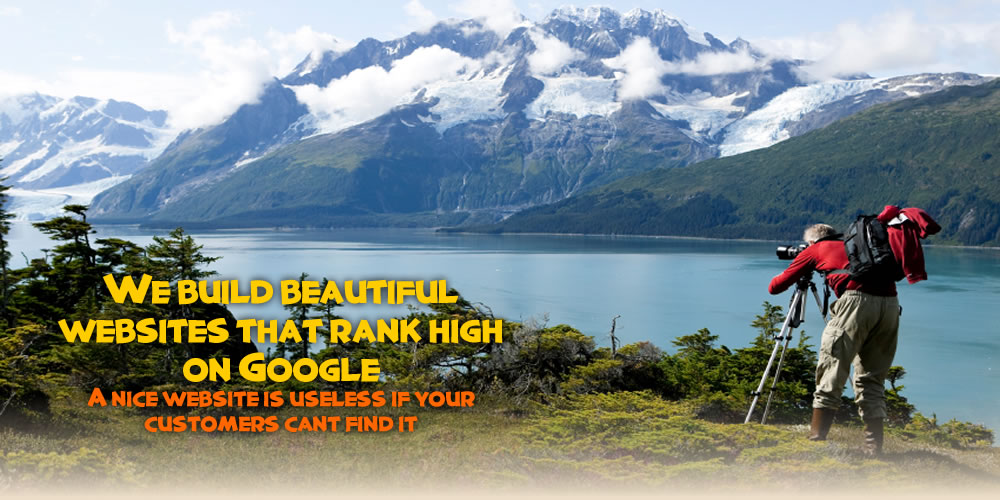SEO Philosophy

Tao of SEO, SEO Philosophy
Tao, pronounced Dào, is a Chinese word translated as way, path, route. It is more loosely defined to mean doctrine or principle. As a verb, it means "speak." In modern usage, it means philosophy.
SEO, Search Engine Optimization, is the art and science of improving the ranking of a website or a web page in organic or natural, non-paid, search results. SEO systematically organized and skillfully executed directly improves a client's bottom line.
This document "speaks" of our SEO Philosophy. An organization's philosophy reflects their paradigm or way of thinking. How an entity thinks affects how it operates and executes its mission. A company's philosophy directly affects its clients' success. There is an old Chinese saying: "The fish stinks from the head." What this means is that the success or failure of an organization depends wholly on the tone its leaders set.
SEO Should be Like Water
We believe that Search Engine Optimization should be like water. Water will find the path of least resistance. It will pass through solid rock. Water will take the shape of the container that holds it. It is really quite straightforward. As mentioned above, the form defines the shape water will take. Search Engines like Google explicitly tell us the form they believe defines a superior website. Google's quality guidelines define the form or shape. All we have to do is satisfy these guidelines.
Websites can be ranked using brute force. But, it is much easier to finesse a website to the top, finding the path of least resistance. Satisfying guidelines is a science, not a black art. Search engine algorithms are based on mathematics. We have taken the time to comprehend these metrics using advanced econometric modeling to thoroughly grasp the logarithmic curves describing relevance and popularity. Rather than guess at what optimization is, we know with precision what the search engines want to see.
Page Relevance
Adroitly performed, SEO is deliberate and precise. What we mean is we don't offer to rank your site for 15 or 30 keywords. That is just plain foolishness. Optimizing a page for that many keywords results in no optimization at all. It is not realistic nor is it even remotely possible to do. At best, a page can be optimized for 2 to 3 keyword phrases. It is crucial to pick keywords that convert, then precisely optimize for them. What are the optimal densities? If you ask any other SEO, you will never get a straight answer because they don't have the science. With our arsenal of proprietary tools, we can optimize a page which such precision that we gracefully glide your website to the top.
Sane Links and the Natural Order of Life
Let's face it: you need links. Links are a defining factor in ranking your site. The SEO world is fraught with premises ranging from relevant linking and getting only high PR links to article submission as a path to getting a lot of links quickly. We find this appalling because when we sift through the mounds of data we have accumulated over the years, we find that none of this holds water. Worse, they are penalties waiting to happen. What we have come to fully understand is that links have to follow the natural order of life. Search engines know this. A forest is not made up of just one species of tree, nor is every tree the same height. It is random, richly diverse and chaotic. Likewise, links should reflect randomness and diversity. They should be a representative subset of the superset of the PageRank distribution. Following the natural order, they should be diverse. The dimension of time is part of this random diversity. Sudden link bursts are un-natural. SEO is a long term proposition, competing in a dynamic world where competition is not idle and statically waiting to be overrun. It is an ongoing dynamic battle.
We Live in a Dynamic World
We live in a dynamic world where everything is in flux. Nothing is fixed or static. Things change. The last century has seen an exponential explosion of technology and science in every discipline. From the invention of usable rubber (vulcanizing), airplanes, cars, etc... In our lifetime alone, we have seen the obsolescence of vinyl records, eight track cassettes, reel-to-reel tape decks, cassettes. With flash drives getting faster and cheaper, we will eventually store all our music and movies in chips no larger than our thumb nails. CDs and DVDs will soon join this obsolescence.
The cell phone has evolved from a brick to a smart device that for most people replaces the need for a desktop computer. The cell phone will eventually be the embodiment of our wired personas synching with our cars, TVs, desktops and appliances. It will one day announce our arrival at public venues and connect us in ways we never imagined possible. We now have access to the sum of human knowledge immediately at our fingertips.
Why is dynamism so important in SEO? Because we are competing in relative markets spaces with dynamic competition that is in the process of improving their rankings. Sitting on your laurels is a dangerous practice. Think of it like walking up a down escalator.
Cyber Markets
Keywords are "markets." They are cyber markets with discreet numbers of sellers and buyers. Finding the right keywords with the least competition and huge search volumes is the Holy Grail. It is easier to pick low hanging fruit and work your way to more difficult search terms than to wait months for fruition of highly competitive search phrases. Working smart rather than hard helps us to deliver gradually increasing value. Before we embark on any SEO challenge, we start with an in-depth statistical study of each keyword or cyber market. We look at all the keyword permutations. This way we know with relative confidence what it will take to dominate each keyword phrase in the search results. Our goal has always been market dominance. And we are relentless in this pursuit. We never shoot in the dark.
Entry Points and Human Behavior
At the dawn of Internet public access, surfing the World Wide Web captivated our imagination. The fascination that we were viewing web pages from distant parts of the globe awed us all. People would drill down websites "checking out" content and images with absorbed curious exploration. Today we have evolved to "professional users." We no longer surf; we use Search Engines to find information. The immense number of websites force us to limit time and quickly discard irrelevant information. We seldom drill down websites. If we don't find what we are looking for, we quickly leave. We scan rather than read until we find what we are looking for. Roughly 70% of site visits last less than 30 seconds as we impatiently look for what we want. Rarely do we visit past the top 5 results, opting to change our search phrase in hopes of finding exactly what we want. We rarely enter through a website's home page. In most case we enter through one of its many pages. These are our entry points. Unlike brick and mortar stores that have defined doors and pathways, websites have multiple entry points.
Understanding this is important. We have 30 seconds to captivate our audience and present them with the information they are looking for or they will lose interest. As SEOs, we can deliver top rankings but your website needs to convert and channel sales. This is where design and usability play a major factor. Are your inner pages optimized? Do they present data to the user in a manner that will grab their attention? An old marketing adage says: "a sale lost can never be regained."
Humans are graphically attracted. We like color, we like design. We know when something has quality and we are attracted to pretty things. We have fought wars for colored stones and yellow metal. It is not enough to just build a site. Users expect a certain level of quality to have confidence in your service or products. Shoddy design results in shoddy sales.
Life is About Relationships
The SEO we do stands the test of time. We don't worry about the next search update because we fulfill the guidelines. When you really look at things, all the search updates have been an effort to put teeth to the guidelines. We have sites that were created 12 years ago, when Google was in its infancy, that still rank at the very top. These are sites that have remained unchanged in 12 years.
We believe in working smart for our clients and delivering results. After all, life is about relationships built on mutual trust and benefits. It is to our best interest to help all our clients succeed. Working in partnership, we seek to achieve mutual goals beneficial to all. By helping you make a lot of money, we gain a satisfied customer.



